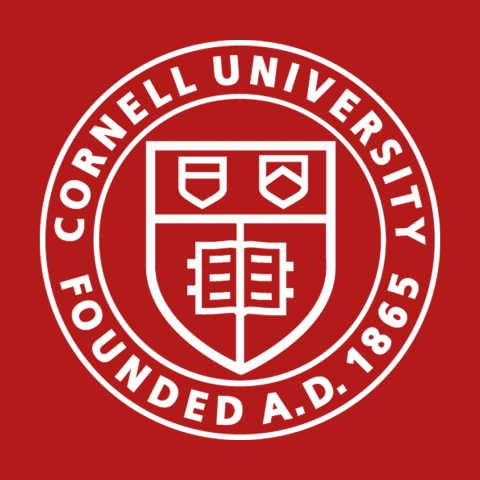Date: 11/03/2022 Speaker: Maru Cabrera Location: 122 Gates Hall and Zoom Time: 2:40 pm-3:30 pm Abstract: There is almost a symbiotic relationship between...
Date: 10/20/2022 Speaker: Daniel Seita Location: 122 Gates Hall and Zoom Time: 2:40 pm-3:30 pm Abstract: The robotics community has seen significant progress...
Date: 9/22/2022 Speaker: Erdem Biyik Location: 122 Gates Hall and Zoom Time: 2:40 pm-3:30 pm Abstract: In human-robot interaction or more generally...
Date: 9/15/2022 Speaker: Tesca Fitzgerald Location: 122 Gates Hall and Zoom Time: 2:40 pm-3:30 pm Abstract: As our expectations for robots' adaptive...
Date: 9/8/2022 Speaker: Petar Durdevic Location: 122 Gates Hall and Zoom Time: 2:40 pm-3:30 pm Abstract: Agriculture is an important part of our society,...

